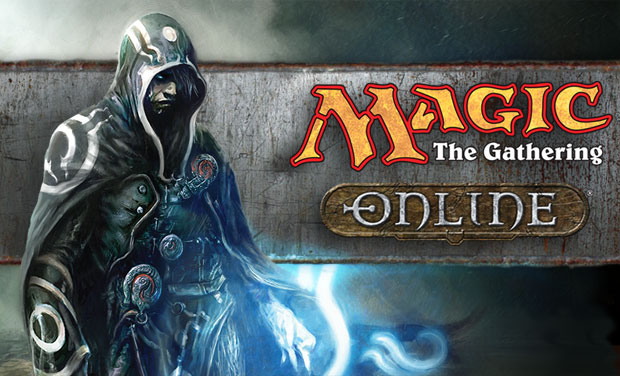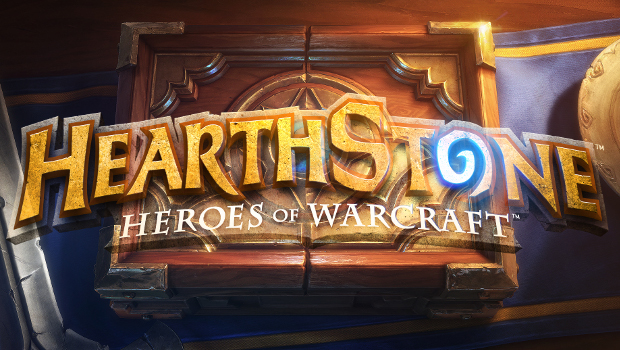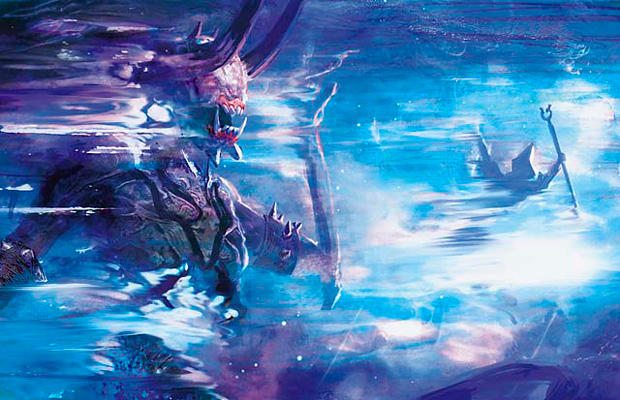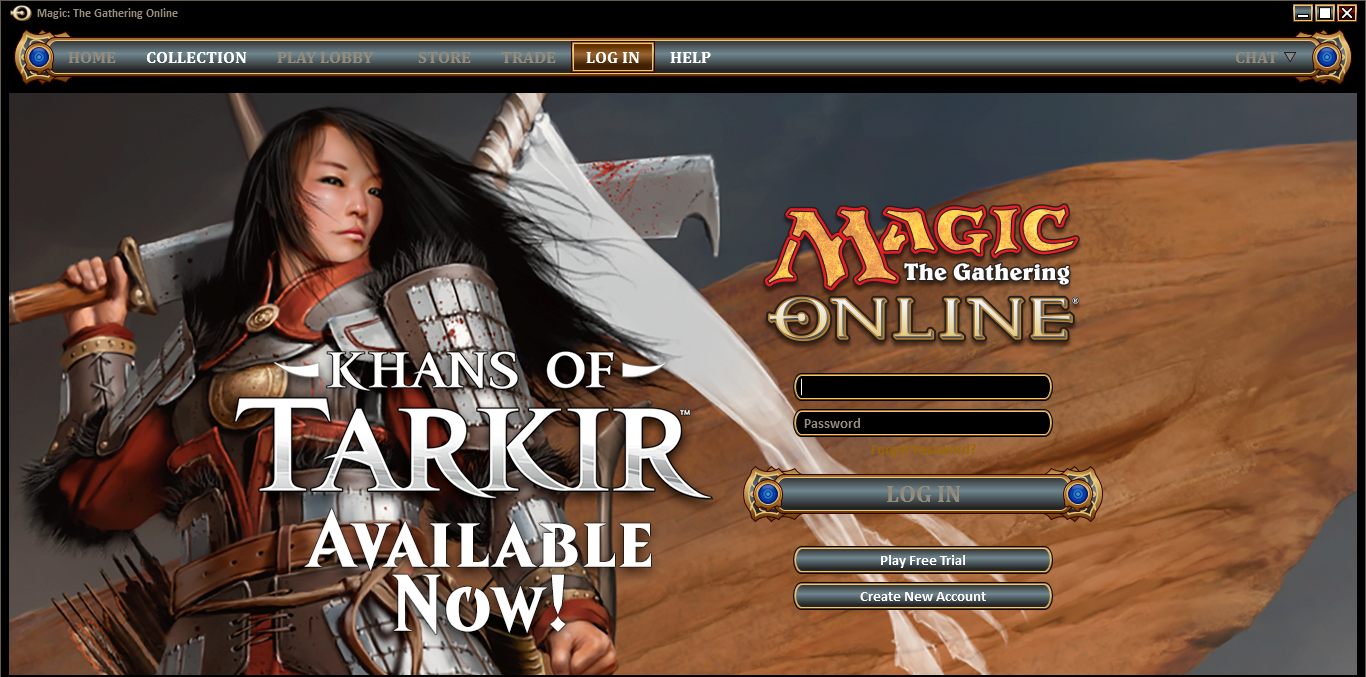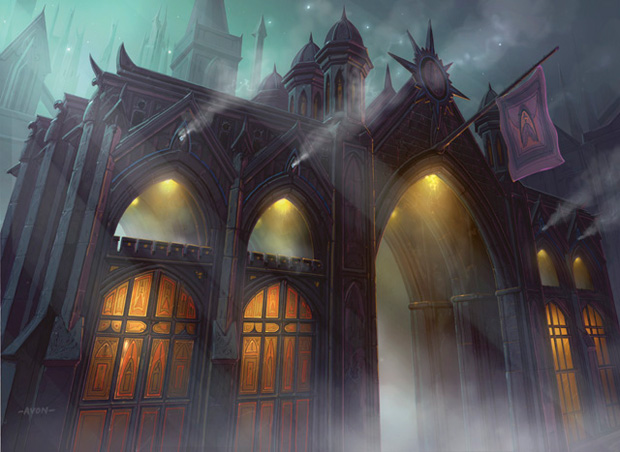Back in the day, Doom Blade was one of the premiere cards in both Limited and Standard Pauper. It was Instant speed, cheap, and almost unconditional, save for its inability to target Black creatures (which, incidentally, also boosted the power level of Black in general). Today, it has by-and-large been replaced with cards like Flesh to Dust, which are Sorcery speed, expensive, but at least remain otherwise unconditional. In Red, there has been a similar shift, moving from the excellent Lightning Bolt to the reasonable Lightning Strike but trending more and more towards cards like Bring Low. Oblivion Ring, Journey to Nowhere, and even Pacifism have all gone by the wayside.
In his article, Marshall traces how this has affected Limited, and these effects are mirrored in Standard Pauper.
- Auras are playable. Gone are the days when auras were almost unplayable. Now, with removal being more expensive and Sorcery speed, it is much easier to stick and get a card's worth of value out of many of these enchantments.
- Combat tricks are better. Interestingly enough, as removal has decreased in power level, combat tricks have increased accordingly. Cards like Gods Willing and Feat of Resistance are very strong.
- Bounce and 'Detain' effects are almost as good as removal. Especially in a tempo-based archetype or when attached to a creature, this has become the go-to method for interacting with your opponent's creatures early in the game.
- Defensive creatures and Deathtouch are also more widespread. Typhoid Rats, Lagonna-Band Trailblazer, and others have moved from fringe to playable.
What do you think of this shift in removal at Common? Let me know in the comments below.



